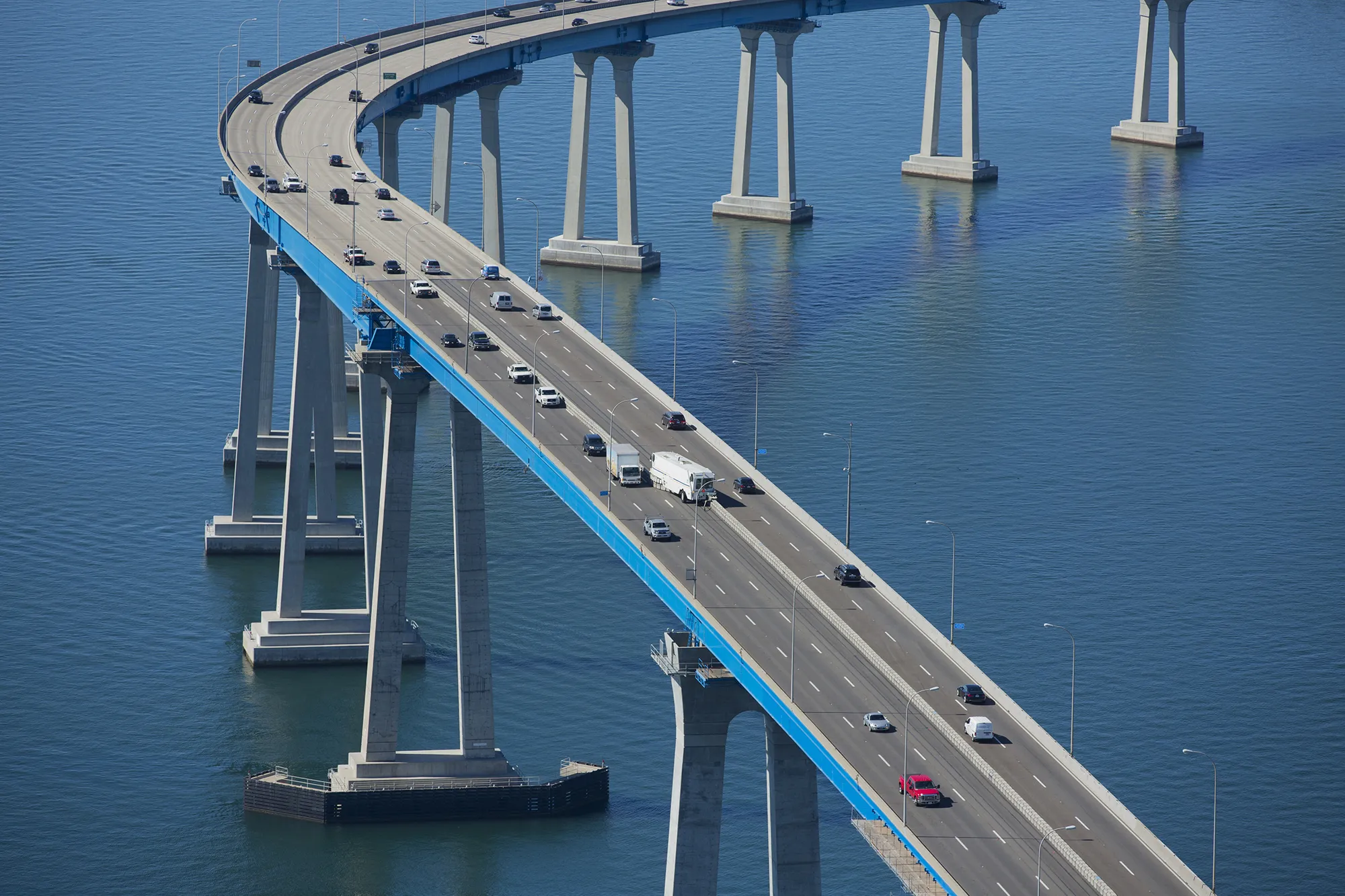International interest is strong in Colombia’s infrastructure expansion. Five foreign firms are competing in the country’s 4G road tender process. Fomento de Construcciones y Contratas (FCC), Sinohydro, Sacyr, Tradeco and ICA are amongst the companies competing for 10 contracts worth some US$5.88 billion. The first project opening for tender on 19th May 2015 will be for the Puerta de Hierro-Carreto-Palmar de Varela and Carreto-Cruz del Viso routes. The final tender documents for the 10 projects are being pu
January 19, 2015
Read time: 2 mins
International interest is strong in Colombia’s infrastructure expansion. Five foreign firms are competing in the country’s 4G road tender process. Fomento de Construcciones y Contratas (4914 FCC), 5544 Sinohydro, 3959 Sacyr, Tradeco and 2765 ICA are amongst the companies competing for 10 contracts worth some US$5.88 billion. The first project opening for tender on 19th May 2015 will be for the Puerta de Hierro-Carreto-Palmar de Varela and Carreto-Cruz del Viso routes. The final tender documents for the 10 projects are being published in January-February 2015. Proposals for the projects will be submitted from 10th April 2015.
Meanwhile the project to build the 35km two-lane road connecting Cajamarca and Ibague will commence during 2015. The project was won by the Gica consortium, which comprises3215 Constructora Colpatria, Mincivil, HB Estructuras Metalicas, Termotecnica Coindustrial, Latinco and Concesionaria San Rafael. The project will be a PPP worth some $409.5 million and takes the form of a 28 year concession package that includes maintenance, with construction requiring five years. The first stage of this contract is for design of the route, which will include 51 bridges and viaducts. The second stage of the project will be for a further 190km of road between Girardot and Cajamarca. This tender will be launched in 2022. The stretch is currently divided into seven routes and is being run by Concesionaria San Rafael.
But the problems continue however for the troubled La Linea tunnel project. The consortium handling the project, Segundo Centenario, asked for a 13 month extension for it to complete the work. However, does not look as if it will be allowed by Colombia's National Road Institute (Invias). The work should have been completed in November 2014.
Meanwhile the project to build the 35km two-lane road connecting Cajamarca and Ibague will commence during 2015. The project was won by the Gica consortium, which comprises
But the problems continue however for the troubled La Linea tunnel project. The consortium handling the project, Segundo Centenario, asked for a 13 month extension for it to complete the work. However, does not look as if it will be allowed by Colombia's National Road Institute (Invias). The work should have been completed in November 2014.







